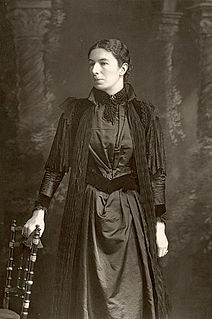A Quote by David Foster Wallace
This might be one way to start talking about differences between the early postmodern writers of the fifties and sixties and their contemporary descendants.
Related Quotes
There's going to be biological differences between the genders. There's going to be biological differences between two women or two men. There's biological differences between all of us. My concern is, why are we so concerned about it? Why are we so worried about it? Why, whenever a study comes out about men do this one way and women do this one way, or men's brains and women's brains - why are we so interested in that? You know, what makes us so fascinated by differences between the sexes? And I think more often than not that interest is deeply embedded in sexism.






































